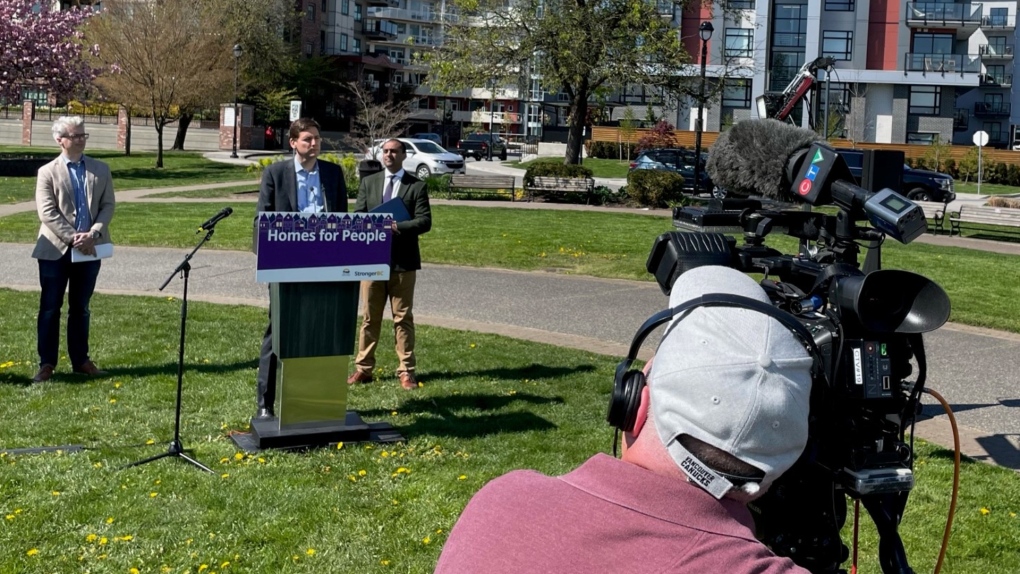NFTs are the latest cryptocurrency rage these days, with bands like Kings of Leon releasing their next album as limited edition “golden tickets,” and NBA digital collectibles being sold for millions of dollars.
They’re interesting to collectors and cryptocurrency fans alike, but is there a future there? In other words: Should you spend some actual dollars to invest in a digital trinket?


Kings of Leon have already jumped on the NFT bandwagon.
Image: yellowheart
What Are NFTs?
NFTs, or non-fungible tokens, are a type of cryptocurrency created on a smart contract platform such as Ethereum. They are unique digital objects that can be cool to own or even profitable to trade. Think of them as digital collectible cards. They typically start out as something only enthusiasts care about, but if you get a rare one, it could be worth a lot one day.
What is fungible vs. non-fungible?
Cryptocurrencies can be fungible, meaning all the currency’s units (i.e., tokens) are the same and equal, like grains of rice or dollars.
Non-fungible tokens are the opposite — every cryptocurrency unit, or token, is unique and cannot be replicated.
This “non-fungible” property can be used for many things, even certain types of currencies. But the current NFT craze is mostly fueled by digital art and collectibles. People have figured out that a unique, digital object can be interesting, cool, and even have a significant monetary value. It’s why the space has recently blossomed, encompassing thousands of projects involving artworks, gaming, and sports.
How do NFTs work?
It really depends on the platform. But given the vast majority of NFTs are created and traded on Ethereum, we’ll focus on that.
NFTs are created on Ethereum’s blockchain, which is immutable, meaning it cannot be altered. No one can undo your ownership of an NFT or re-create that exact same one. They’re also “permissionless,” so anyone can create, buy, or sell an NFT without asking for permission. Finally, every NFT is unique, and can be viewed by anyone.
So yes — it’s like a unique collectible card in a forever-open store window that anyone can admire, but only one person (or cryptocurrency wallet, to be exact) can own at any given time.
In a practical sense, an NFT is typically represented by a digital artwork, such as an image. But it’s important to understand that it’s not just that image (which can easily be replicated). Its existence as a digital object on the blockchain is what makes it unique.
How do I buy or trade NFTs?
NFTs are bought and traded just like any other cryptocurrency based on Ethereum, only instead of buying some amount of tokens, you buy a single token.
To do that, you should start by installing Metamask, a browser extension that lets you interact with various facets of Ethereum, such as exchanges and dApps (decentralized apps). MetaMask is also a digital wallet for Ethereum and all the tokens created on Ethereum (both fungible and non-fungible).
After installing the extension, you should buy some Ethereum (you can do it directly in MetaMask with a debit card or Apple Pay by clicking on “Add Funds”). But be very careful with your funds — store your MetaMask password and your wallet’s private key somewhere safe. Then, when you visit a website that sells NFTs (such as NBA Top Shot) or an exchange where you can trade for them (such as Uniswap), connect your MetaMask wallet to the site (only do that on sites you know are safe), and buy your first NFT.
Why do NFTs have value?
Of course, before you buy anything, you’ll probably want to know why it’s a good purchase. Indeed, why would anyone buy an NFT and why should there ever be a buyer willing to spend even more money down the line?
Ideally, the value of NFTs doesn’t just come from a game of digital hot potato, in which you purchase something hoping you’ll sell it for more later. And so on, until the whole thing crashes. Ideally, the NFT should be valuable to you because… you like it. If you’re an NBA fan, you might want to have an official NFT representing your favorite player. Or, perhaps there’s a digital cat that you really like.
Sure, in some ways, many NFTs are just a digital image that you can easily right-click and save to your computer. But NFTs also reside on the blockchain, which makes it extremely hard to truly copy them in their entirety. The blockchain entry also transparently tells you who created the NFT. If a famous musicians says: “Yes, that’s my Ethereum address that created this digital image of a possum.” Then that can be verified on the blockchain.


Some NFTs can be valuable in other ways. Say, for example, you buy an NFT related to an online game. Perhaps that NFT will one day give you special prestige in the game, or it could even be the basis for you getting some other, hard-to-get object; something that only you can have because every NFT is unique. If you’ve ever played World of Warcraft or a similar game, you know how valuable a piece of armor or a weapon can be. Now, with NFTs, no one can take it away from you, not even the game’s owners.
Let’s return for a second to that game of digital hot potato. NFTs are a nascent space, and there’s a lot of hysteria and scamming going on. You might see a certain NFT sold for millions, and think you’ll also be able to buy something for a few dollars and become rich selling it to someone later on. It can happen, but it’s rare. And these things can be manipulated. For example, a cryptocurrency whale (someone that owns vast amounts of crypto money) can buy many NFTs and then “sell” them to himself (his other cryptocurrency address) for millions, artificially inflating the price. So be careful: Just because some NFT was traded for a lot of money, do not think this automatically means all other similar NFTs are valuable as well.
What are the most expensive NFTs?
In the early days of the space, we saw a blockchain game like CryptoKitties sell virtual cats for tens or even hundreds of thousands of dollars. Recently, music producer 3LAU sold a collection of 33 limited edition NFTs for more than 11 million dollars. The musician Grimes (aka the mother of little X Æ A-Xii) even sold her digital art collection for $7,500 apiece, totaling $6 million in sales. Yes, these things can get very pricey.
Are NFTs a good investment?
Buying an NFT because you like it, or maybe even to earn (or lose) a few quick bucks is one thing. But investing in NFTs is another. Again, it’s a nascent space. Even a Van Gogh painting or a rare Babe Ruth baseball card required some passage of time before becoming very valuable.
Given the digital nature of NFTs, it’s hard to compare them to prized physical artworks, such as statues and paintings. On the other hand, we live in a world where one Bitcoin is worth more than $50,000, so things from the digital realm can certainly be very valuable and even sustain that value over longer periods of time.
In any case, if you plan to invest in NFTs, you’ll need to dive deep into this complex world because each NFT market is slightly different. It’s also pricey — trading on Ethereum can be quite costly as the network’s recent congestion is causing fees to rise. Finally, you’ll need to think strategically and follow the often rapidly changing cryptocurrency trends.
In short, it’s possible to earn money by investing in NFTs, but you’ll have to do your homework.


























Comments